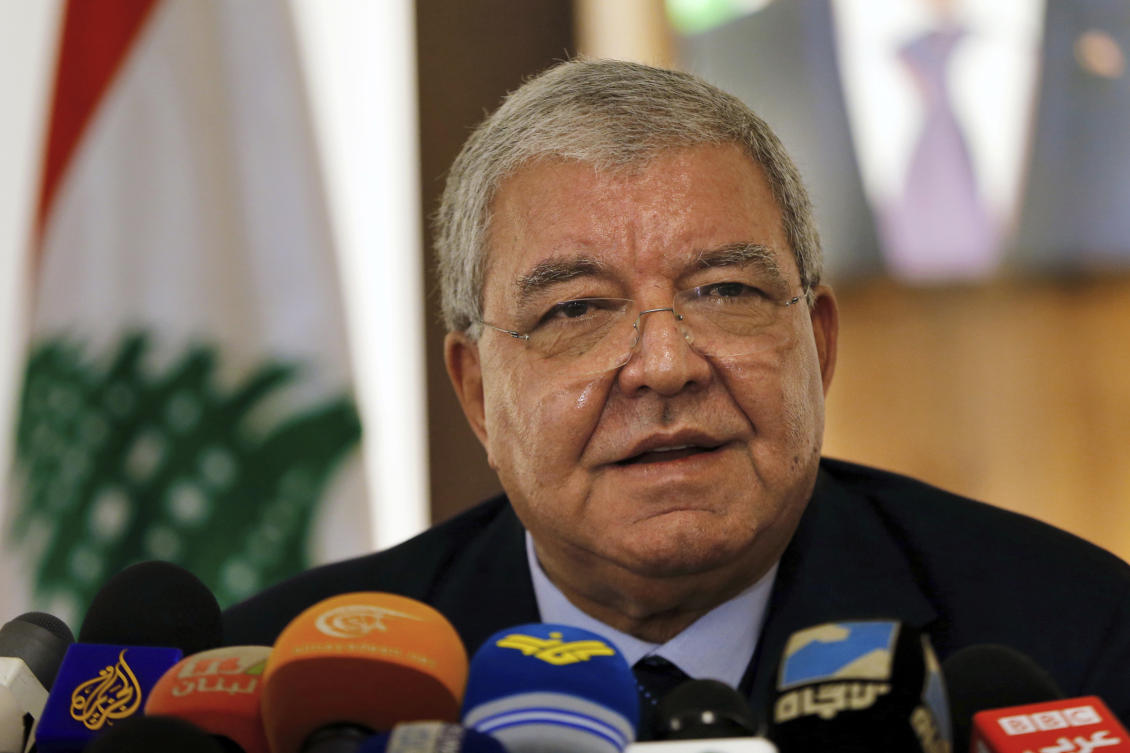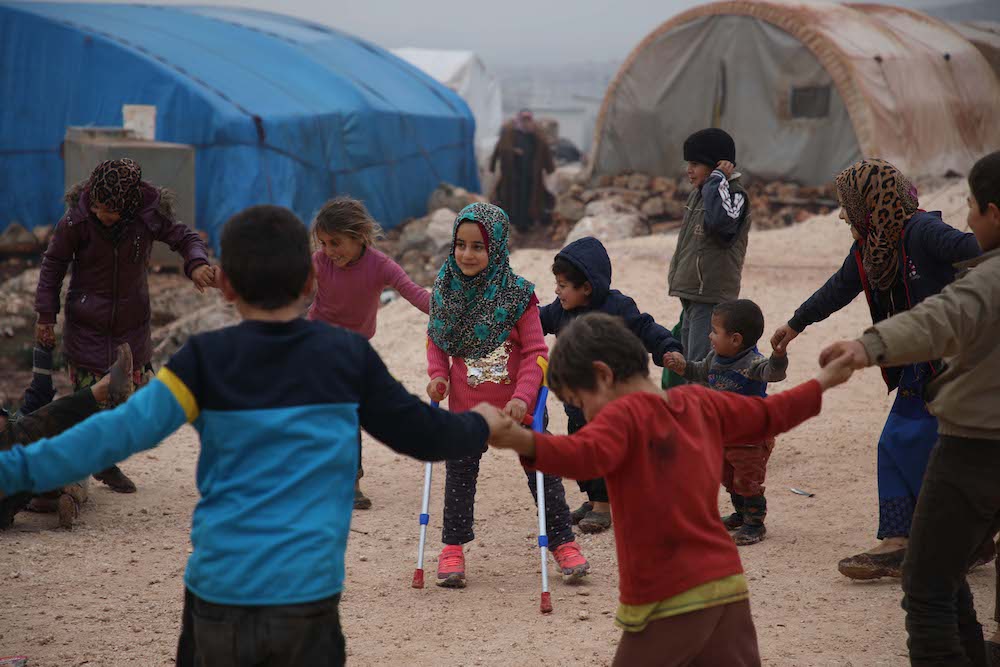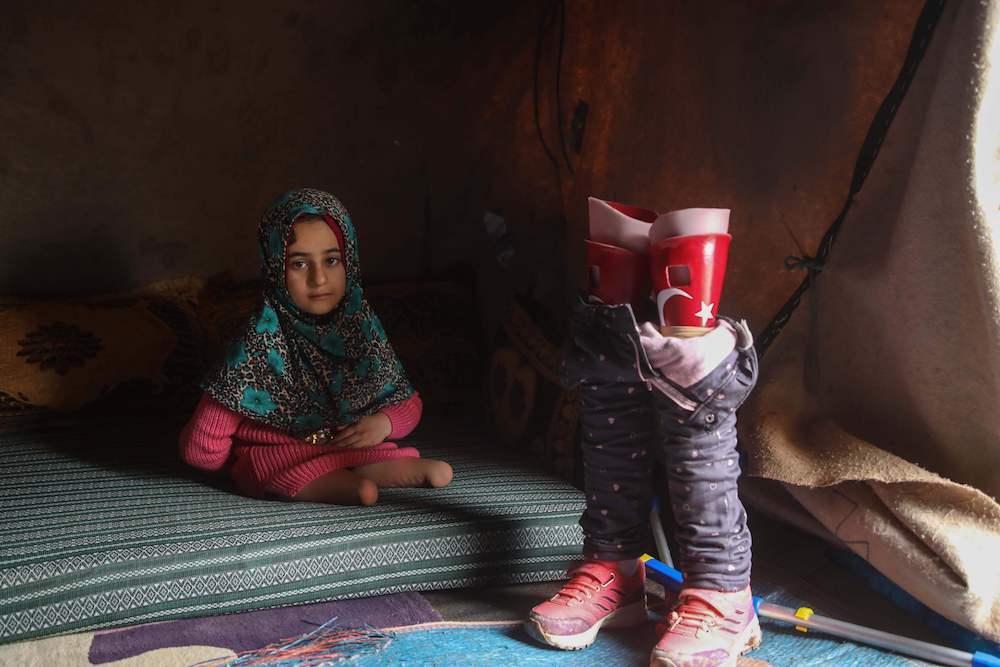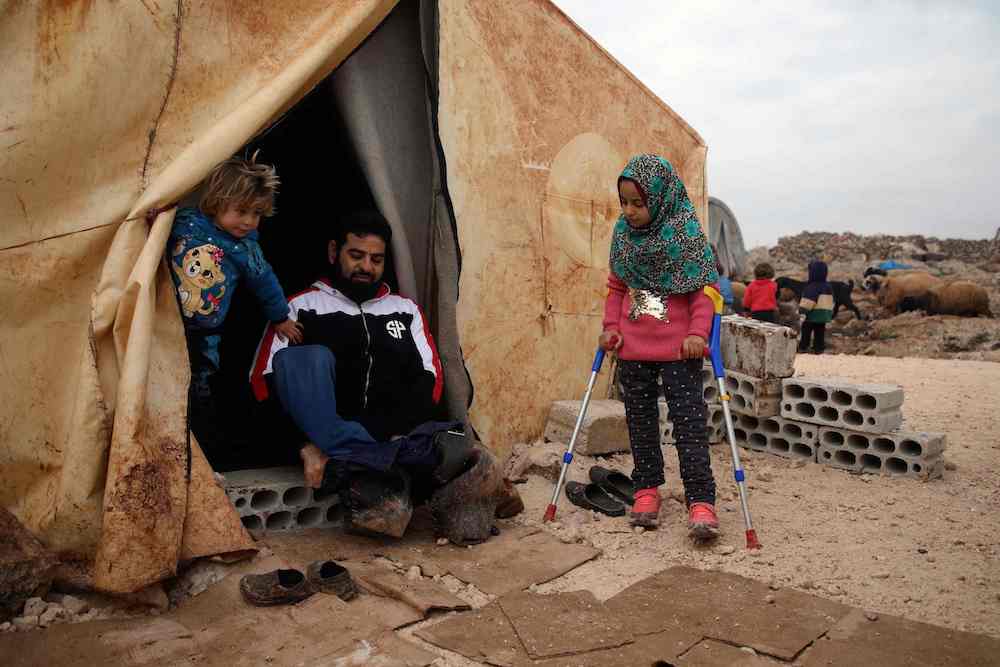BEIRUT: Two European peace-building institutes have jointly published an Arabic-language manual aimed at promoting national dialogue in countries plagued by war and extremism.
The Berghof Foundation, a not-for-profit peace-building organization that initiated Lebanese national dialogue efforts in 2007 and embarked on similar initiatives in Yemen and Sudan, collaborated with Swiss research institute Swisspeace to publish the guide.
Firas Khairallah, Berghof representative in Beirut, told Arab News that the aim of the guide is to “provide solid guidance and practical support to those who explore national dialogue as a means to transcend political obstacles or scenarios of divisive conflict or turbulent transition.”
At a recent meeting held in Lebanon, Germany’s ambassador to Lebanon, Georg Birgelen, stressed that “anything is better than war.”
“As German, we know war all too well,” he told politicians and officials at a recent meeting held by the foundation. “This is why avoiding conflict is key to German policy-making.”
Swiss ambassador to Lebanon, Monika Schmuts Kirgoz, said: “National dialogue and consensus-building are the subjects of the hour in the Middle East”, adding that “courage is needed to advance dialogue and reach agreements.”
“National dialogues provide an effective way to overcome internal faults and to rebuild relations between state and institutions,” said one official from the foundation. “Where national dialogue succeeds, social contracts are born.”
While peace-building initiatives hang in the balance in Lebanon, Berghof Foundation and Swisspeace officials concurred that Tunisia proved the most successful model for national dialogue in the region.
“The dialogue was the beginning of a new chapter in the history of Tunisia,” said Nobel Peace Prize Laureate Ouided Bouchamaoui, who founded the Tunisian National Dialogue Quartet.
“We forced all parties to participate in the dialogue and held 1,700 hours worth of dialogue and one-on-one talks. We received many threats and faced problems with state actors, but we always reverted to dialogue. We set a new constitution and held elections. Our mission ended in 2014. We now have elected institutions.”
Bouchamaoui added: “The experience was successful thanks to a strong civil society and high education levels, which make Tunisians think 100 times before resorting to violence. Still, economic challenges are mounting.”
In Jordan, where extremist rhetoric among youth facing soaring unemployment rates has become rampant in recent years, the foundation instigated dialogue to strengthen the culture of tolerance.
Musa Al-Maaitah, Jordan’s political affairs minister and founder of the Jordanian Social Democratic Party, said that democracy essentially boils down to the right to disagree.
“Our problem is that we want to take without giving,” he said. “Political parties always think that they have the truth, but the fact is that no one has one absolute form of truth.”
In Libya, matters were not so simple and talks fell through.
“The Libyans elected a constituent assembly for the first time in 40 years and they were happy, but the Libyan people wanted a UN-sponsored dialogue,” said Tariq Mitri, the former head of the UN Support Mission in Libya. “They thought the UN held the carrot and the stick.”
He pointed out that one of the problems in Libya was trying to root out the other side under the slogan “no democracy for the enemies of the nation.”
“Armed groups have strong sway over political parties,” he said. “This is why it was difficult getting them on one table.”
In Lebanon, meanwhile, efforts hang between success and failure.
“The dialogue broke down in Lebanon after failure to implement the constitution,” said former President Michel Suleiman.
“Civil society must be included in dialogue. What we lack is the implementation of a social contract in accordance with a constitution. The only way out is limit weapons supply to the state, revisit agreements with Syria and form a committee to abolish sectarianism.”
Former Prime Minister Fuad Siniora concurred. “Domination, marginalization, external and internal interventions, provocation, assassinations, intimidation, blackmail, populism and all sorts of other forms of sabotage rampantly increased between 2006 and 2018,” he said.
As former Minister Yassine Jaber put it: “We need to agree on the rule of law because implementation of the law is not a point of view.”








